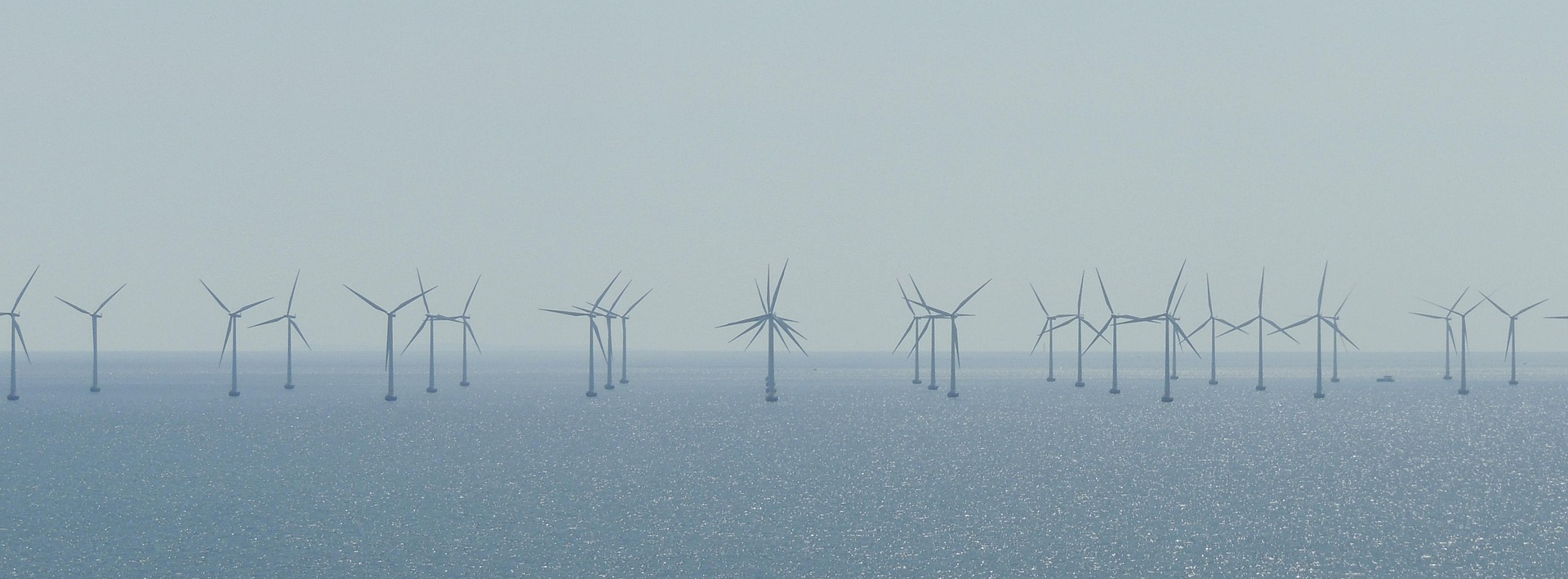Global environmental change, including climate change and the biodiversity crisis, as well as natural hazards such as wildfires, floods and droughts, pose major challenges for societies. Studies show that currently no country satisfies the basic needs of its inhabitants at a level of resource consumption that could be sustainably extended to all people worldwide.1 The number of countries that exceed the biophysical limits of sustainable development is steadily increasing. In this context, greater efforts are needed to reduce emissions. But new, resource-efficient economic models are also needed, which must include both a more effective use of resources, the development of bio-economic approaches, and alternative lifestyles and consumption behavior.
At the same time, the effects of climate change are becoming ever more apparent, as the floods in Germany and Belgium in 2021, the record heatwave summer of 2022 or the floods in northern Germany in the winter of 2023/2024 clearly show. In addition to the human suffering, the floods in 2021, for example, caused costs of around 44 billion euros, and the drought and heat events across the entire European continent in 2022 cost around 40 billion euros.2 Consequently, adaptation to and management of such natural hazards must be improved. From an economic perspective, investments in climate protection and adaptation must be weighed against the potential preventable damages and implemented in holistic, long-term strategies. The development of such approaches is the focus of the priority topic “Sustainable Transformation” – in Collaboration with our Customers.
 Fraunhofer Institute for Technological Trend Analysis INT
Fraunhofer Institute for Technological Trend Analysis INT